Are Marvel Movies And Shows Losing Their Way? A Critical Analysis
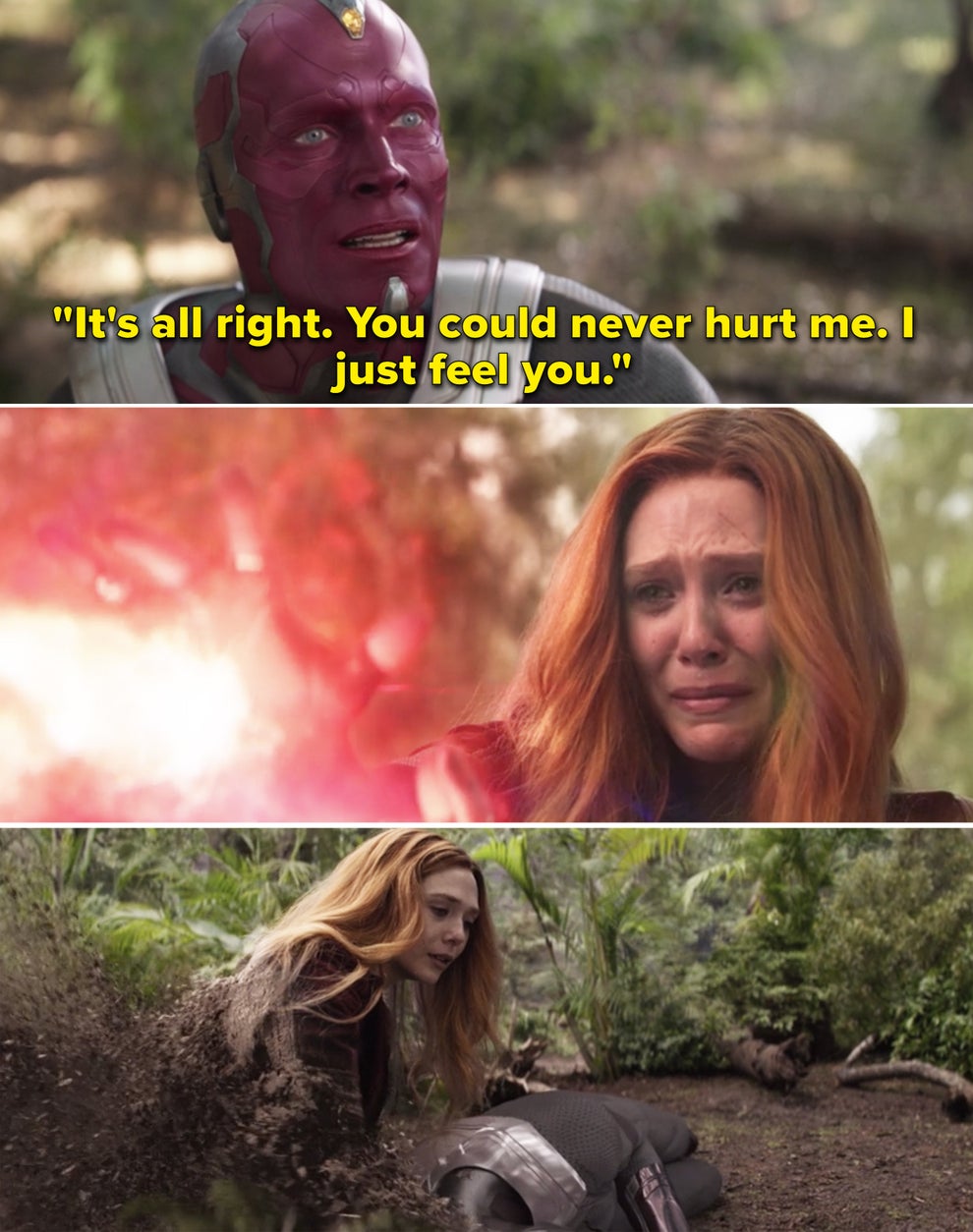
Table of Contents
The Over-Saturation of Content
The sheer volume of MCU content released in recent years has led to concerns about diminishing returns and audience fatigue. The relentless stream of Marvel movies and shows, while financially successful, raises questions about quality control and the overall viewing experience.
Diminishing Returns
The increased production speed has, arguably, resulted in rushed storylines and less focus on character development. The emphasis seems to have shifted from in-depth character arcs to plot points designed to propel the overarching narrative, often at the expense of emotional resonance.
- Increased production speed: The pressure to constantly deliver new content leads to less time for meticulous scriptwriting, revisions, and post-production polishing.
- Rushed storylines: Plotlines feel crammed, lacking the organic development that characterized earlier Marvel movies and shows.
- Less focus on character development: Characters, once richly drawn and nuanced, sometimes feel like plot devices rather than individuals with compelling internal conflicts.
Examples include certain episodes of shows like She-Hulk and Secret Invasion, which have been criticized for uneven pacing and underdeveloped characters compared to earlier MCU entries. This constant influx of Marvel movie releases and Marvel show quality concerns is impacting the overall perception of the franchise.
Audience Fatigue
The sheer quantity of MCU content has led to potential audience burnout. The ever-expanding interconnected universe, while initially captivating, now presents a significant hurdle for viewers. Keeping up with the intricate storylines across multiple series and films requires a significant time investment, and the cost of streaming subscriptions is not insignificant.
- Increased subscription costs: Accessing all MCU content necessitates multiple streaming subscriptions, increasing the financial burden for fans.
- Difficulty keeping up with interconnected storylines: The complexity of the interwoven narratives can be overwhelming, leading to viewer confusion and disengagement.
- Decreased engagement: Anecdotal evidence and social media discussions suggest a decrease in passionate fan engagement, with some viewers feeling overwhelmed or apathetic.
While precise viewership statistics are often proprietary, critical reviews and social media sentiment indicate a potential decline in audience enthusiasm for some recent Marvel movie releases and Marvel shows.
Creative Stagnation and Formulaic Storytelling
Critics argue that recent Marvel projects rely too heavily on established formulas, sacrificing originality for predictable outcomes. This formulaic approach, while ensuring a certain level of comfort for audiences, risks stifling innovation and creativity within the MCU.
Lack of Originality
The creative wellspring that fueled the early MCU's success seems to be drying up, with repetitive plot structures and predictable character arcs dominating recent releases. The sense of wonder and novelty that initially captivated audiences is waning.
- Repetitive plot structures: Many recent Marvel movies and shows follow similar patterns, leading to a sense of déjà vu.
- Predictable character arcs: Character development often follows familiar tropes, lacking the surprising twists and turns of earlier projects.
- Lack of creative risks: Marvel seems hesitant to take creative risks, opting instead for safer, more commercially viable options.
Comparing the innovative storytelling of Iron Man or The Winter Soldier to some more recent releases highlights a perceived shift towards less adventurous narrative choices. The Marvel movie formula, while initially successful, might now be hindering creative growth.
Over-reliance on CGI and Spectacle
Some argue that the focus has shifted too much towards visual effects at the expense of compelling narratives and character development. While impressive CGI is a staple of the Marvel Cinematic Universe, some believe that it overshadows crucial elements of storytelling.
- Less emphasis on character-driven stories: Character motivations and emotional journeys sometimes take a backseat to visually stunning action sequences.
- Reliance on action sequences over emotional depth: The emphasis on spectacular fight scenes might detract from the emotional core of the stories.
- Decreased focus on practical effects: The reliance on CGI can sometimes lead to a lack of tangible reality and a sense of detachment.
Analyzing specific scenes from various Marvel movies and shows reveals a pattern of prioritizing impressive visuals over more nuanced storytelling and emotional resonance. This over-reliance on Marvel CGI overshadows the impact of more subtle storytelling techniques.
Shifting Priorities and the Impact of Disney
Disney's corporate influence on Marvel's creative direction is another significant factor contributing to the perceived decline in quality. The pressure to maximize profits and adhere to strict release schedules might be hindering creative freedom.
Corporate Influence
The need to meet financial targets and maintain a consistent release schedule creates a pressure cooker environment, potentially stifling creative risks and leading to compromised storytelling.
- Focus on maximizing profit: The prioritization of profitability over artistic integrity might lead to creative compromises.
- Pressure to meet release schedules: Tight deadlines can hinder the development of well-rounded stories and characters.
- Potential creative interference: Corporate mandates might influence creative decisions, leading to a homogenization of the MCU’s output.
Reports of creative differences between Marvel executives and creators highlight the potential challenges arising from corporate interference in the creative process. The influence of Disney on Marvel creative control is a topic often discussed among fans and critics.
The Search for New Revenue Streams
The expansion of the Marvel franchise into new areas, including spin-offs, interconnected storylines, and ventures into new media like gaming and theme parks, might be affecting the quality of existing projects.
- Focus on spin-offs: The need to create spin-offs might dilute the focus on core characters and narratives.
- Interconnected storylines: The emphasis on interconnected stories can lead to convoluted narratives and a lack of individual focus.
- Expanding into new media: Diversification into new revenue streams might divert resources away from core cinematic and television projects.
The need to create interconnected stories across different media, while potentially expanding the franchise's reach, may come at the cost of the individual narratives' cohesion and depth. The pursuit of Marvel expansion and increased MCU revenue might lead to a decline in the quality of core content.
Conclusion
In summary, concerns regarding the quality of Marvel movies and shows stem from several interconnected factors: content oversaturation leading to diminishing returns and audience fatigue, creative stagnation marked by formulaic storytelling and over-reliance on CGI, and the impact of Disney’s corporate influence and the search for new revenue streams. While the Marvel Cinematic Universe remains a cultural force, addressing these concerns is crucial for its long-term success. While Marvel maintains immense popularity, the criticisms regarding content overload, creative stagnation, and corporate influence are valid and warrant consideration. What are your thoughts? Are Marvel movies and shows losing their way? Join the discussion in the comments below and share your perspective on the future of the MCU!

Featured Posts
-
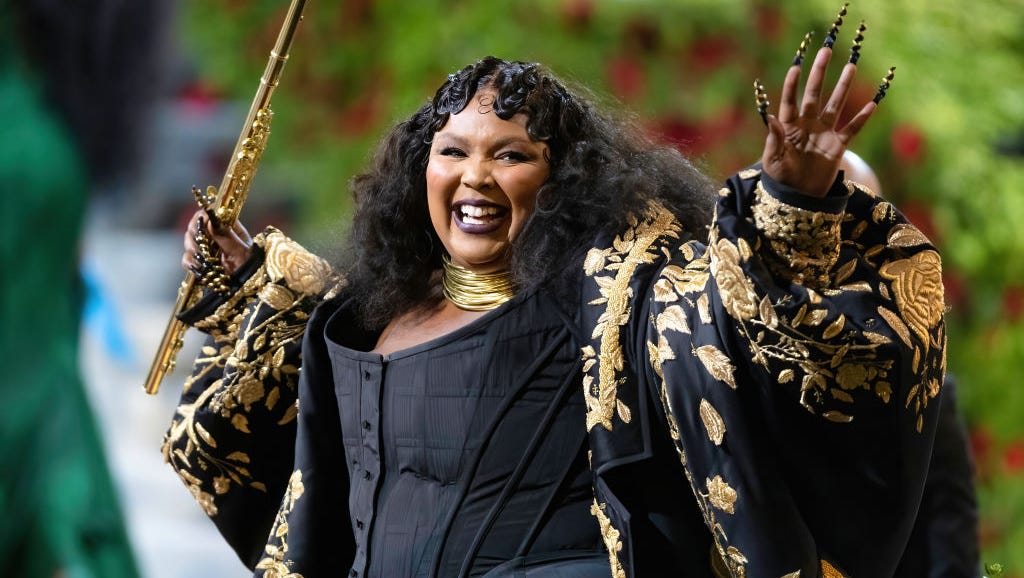 How Much Do Lizzo Tickets Cost For Her In Real Life Tour A Price Guide
May 04, 2025
How Much Do Lizzo Tickets Cost For Her In Real Life Tour A Price Guide
May 04, 2025 -
 Kentucky Derby 2025 Odds Top Contenders And Betting Predictions
May 04, 2025
Kentucky Derby 2025 Odds Top Contenders And Betting Predictions
May 04, 2025 -
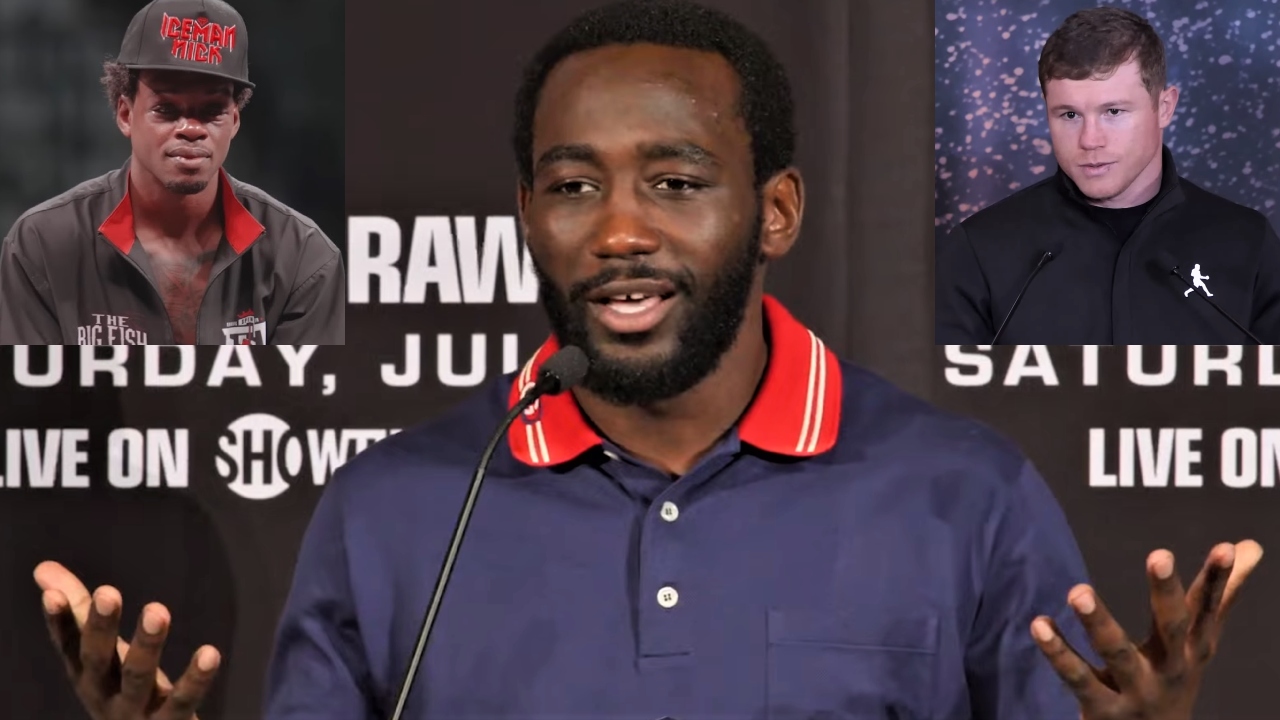 Will Crawford Upset Canelo A Boxing Match Preview
May 04, 2025
Will Crawford Upset Canelo A Boxing Match Preview
May 04, 2025 -
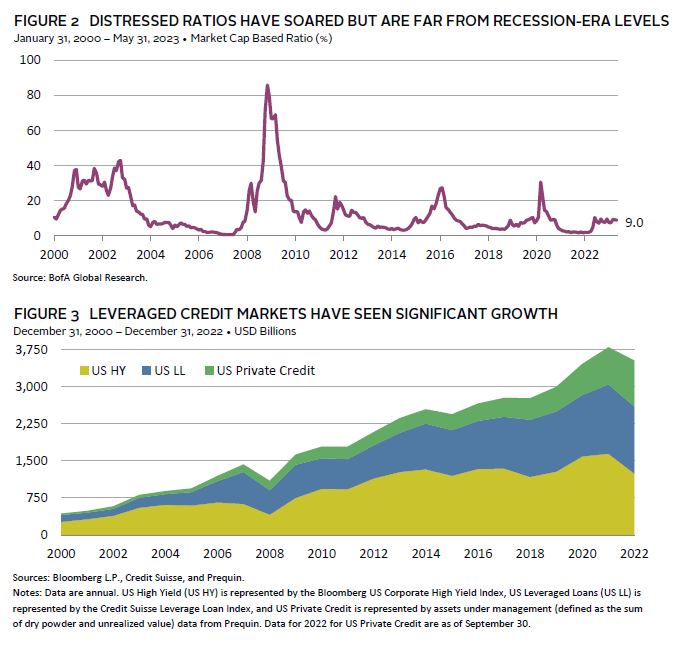 5 Smart Moves To Get A Private Credit Industry Job
May 04, 2025
5 Smart Moves To Get A Private Credit Industry Job
May 04, 2025 -
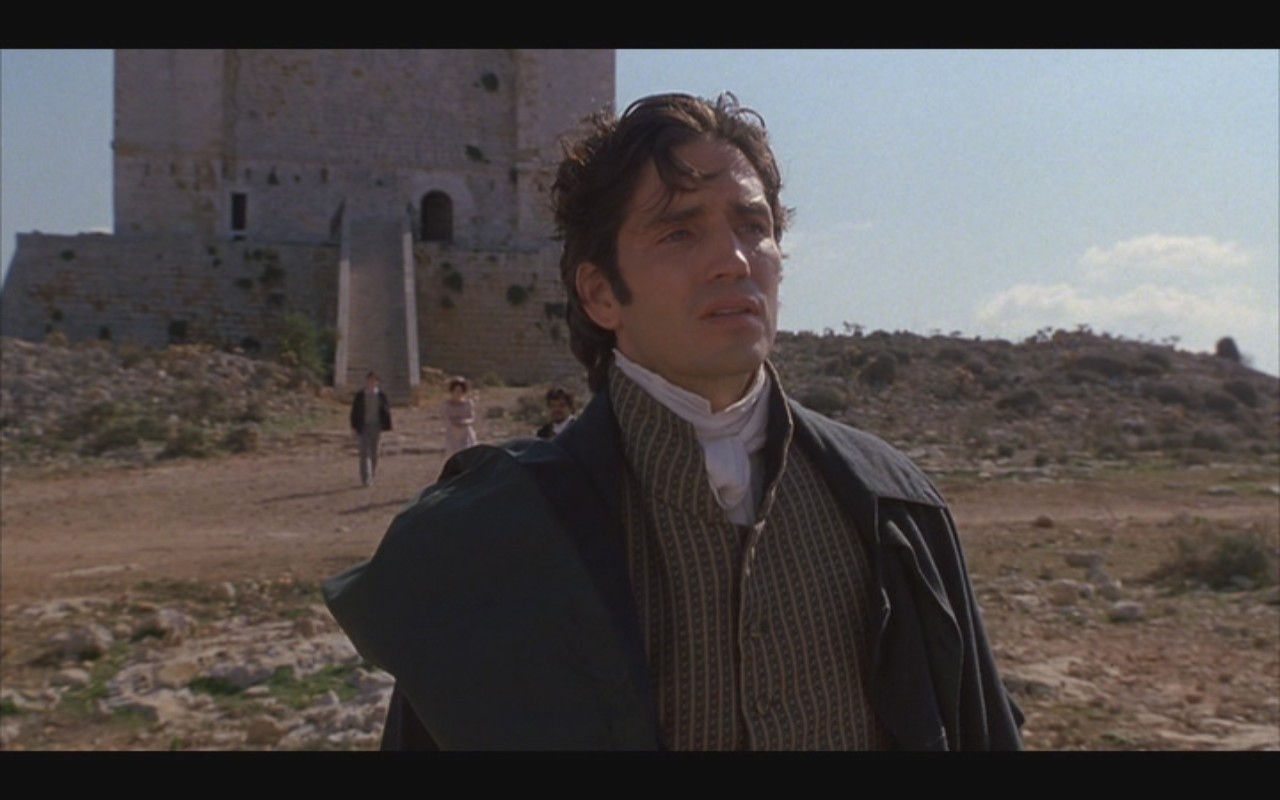 The Count Of Monte Cristo Review A Timeless Classic Revisited
May 04, 2025
The Count Of Monte Cristo Review A Timeless Classic Revisited
May 04, 2025
